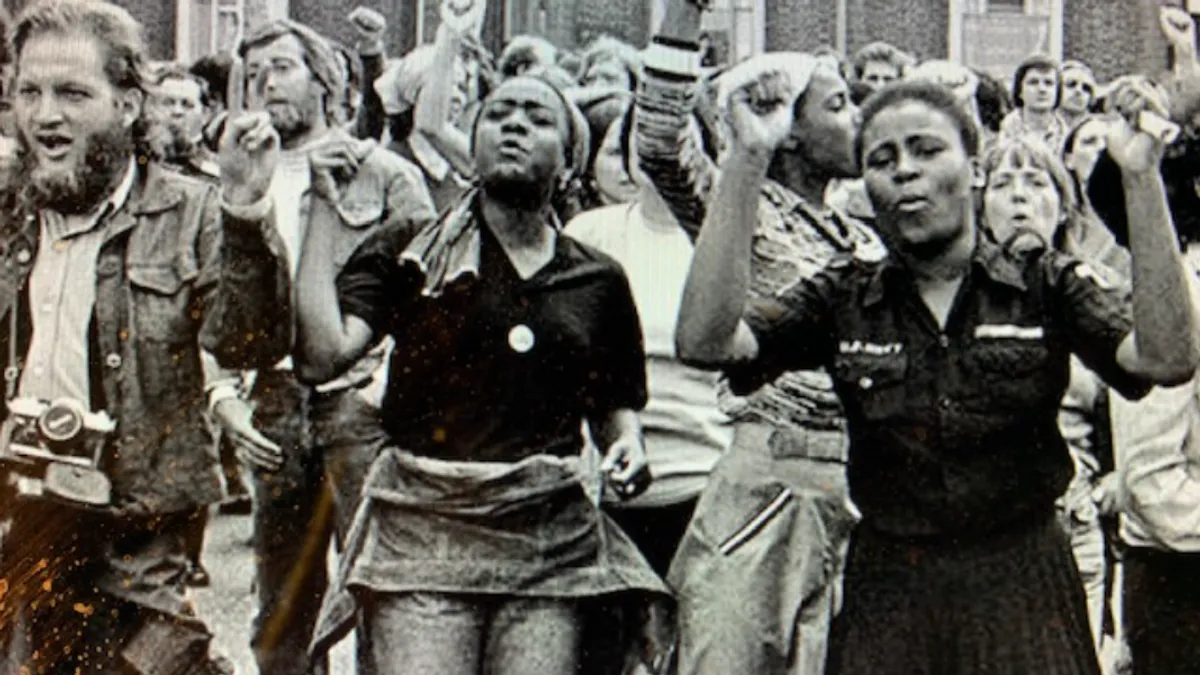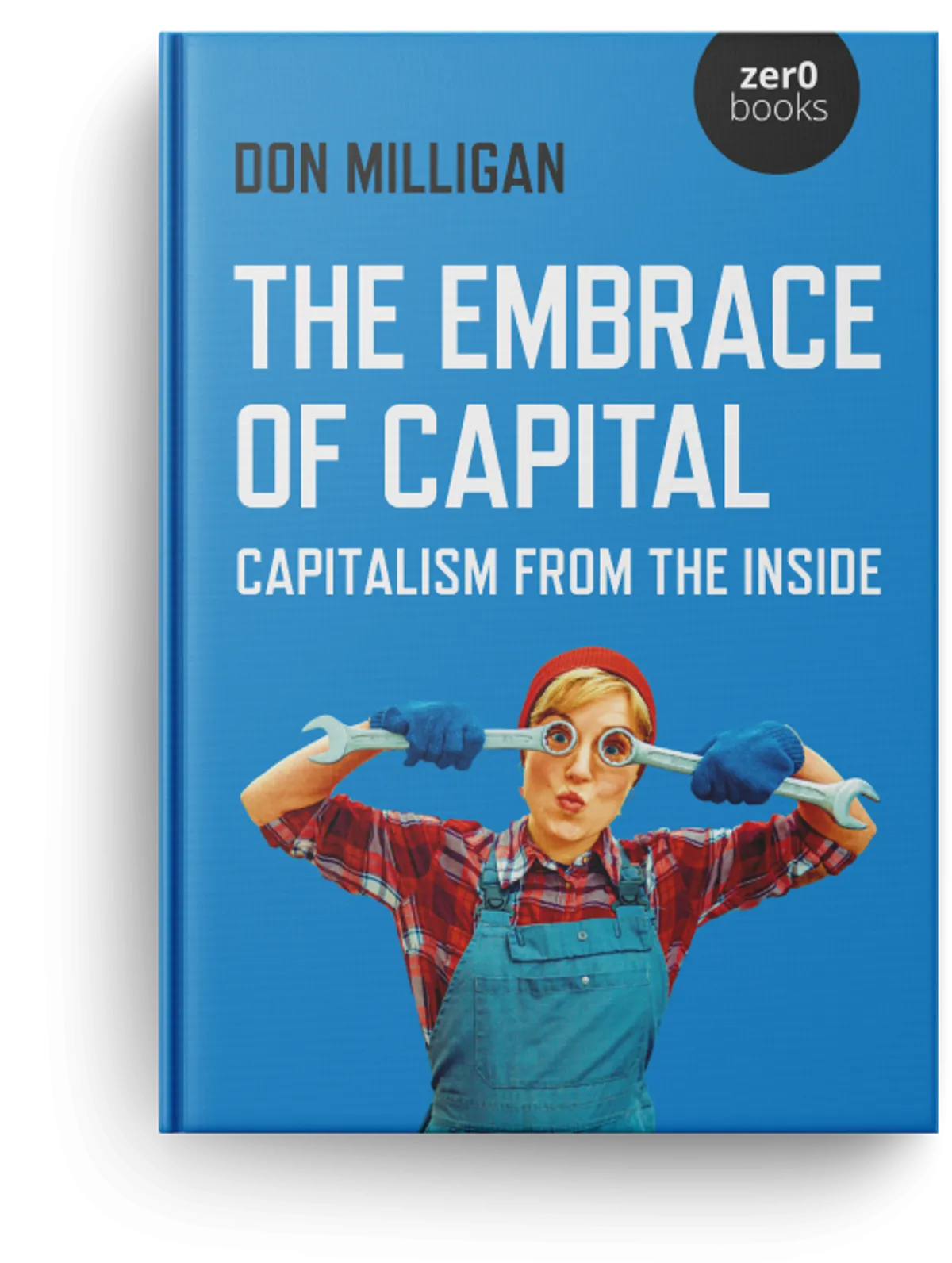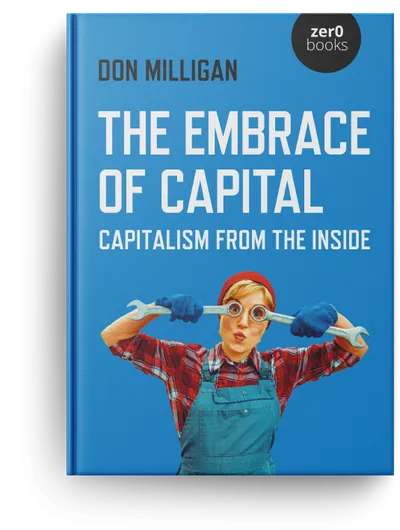By using this website, you agree to our Privacy Policy
×CAPITALISM
Capitalism: a fully functioning society


Modern bourgeois society, with its relations of production, of exchange and of property, a society that has conjured up such gigantic means of production and of exchange, is like the sorcerer who is no longer able to control the powers of the nether world whom he has called up by his spells.1
1 Karl Marx and Frederick Engels, The Communist Manifesto, (1848) 1888, London: Verso, 1998, p.41.
This thought, penned by Karl Marx and Frederick Engels, on the incapacity of capitalists to cope with contradiction, and the tendency of commercial society towards crisis has proved to be decidedly wrong.
Commercial society, the society in which we live today, began to come into existence in England and Holland towards the end of the seventeenth century. It was during this period that commerce, making goods to sell, became particularly important.2 Of course, buying and selling has always gone on. From the Neolithic flint mines of Grime’s Graves in Norfolk, to the merchant princes of renaissance Italy, commerce has always been important. However, with the emergence of what we now call capitalism, commerce came to dominant society; commercial calculation began to decide what was made, sown, and grown, to an extent never seen before. It also made labour power a commodity to be sold by working men and women to employers for a specified length of time in return for money wages.
2 See Jan de Vries, The First Modern Economy: Success, failure, and perseverance of the Dutch economy, 1500-1815, Cambridge: Cambridge University Press, 1997.


Pre-order today
“Genuinely thought provoking and provocative. A much-needed takedown of what Orwell once called the ‘smelly little orthodoxies’ of the left, and why they are so distant and alienated from the working class they claim to fight for.” - Ralph Leonard
PRE-ORDER on AMAZON


